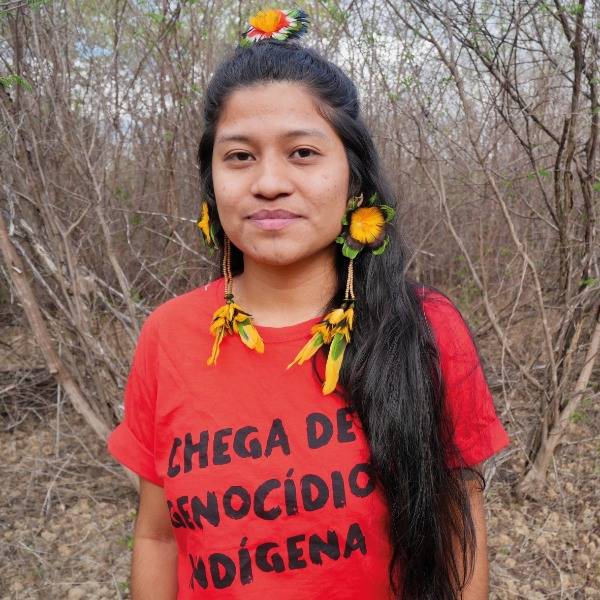This article is a preview from the Spring 2015 edition of New Humanist. You can find out more and subscribe here.
Even It Up: Time to End Extreme Inequality (Oxfam) by Emma Seery and Ana Caistor Arendar (eds)
Eighty-five people in the world own more wealth than half of the world’s population. This attention-grabbing figure from Oxfam’s recent report Even It Up: Time to End Extreme Inequality made headlines as a neat summary of the burgeoning problem of income and wealth inequality across the globe. Notably, it came with a written endorsement from Andy Haldane, chief economist at the Bank of England. Since the 2008 financial crisis, the report explains, the number of billionaires has doubled, swelling to 1,645 people. This isn’t a problem restricted to affluent countries: “absurd levels of wealth exist alongside desperate poverty around the world.”
The credit crunch and ensuing recession didn’t level out income disparity, however – the rich grew richer, while the global poor took the hit. Oxfam argue that global inequality isn’t inevitable, and that market fundamentalism and deliberate political and economic drives from governments towards “deregulation, rapid reductions in public spending, privatisation, financial and trade liberalisation, generous tax cuts for corporations and the wealthy, and a ‘race to the bottom’ to weaken labour rights” have all hastened and bolstered inequality in the current crisis.
For Oxfam, an explicitly non-political charity, coming out against extreme wealth-hoarding and rising inequality was a bold move. The report quotes Warren Buffett, the fourth wealthiest man in the world, saying: “There’s been class warfare going on for the last 20 years and my class has won.” This sort of language is unheard of in charity press releases and reports. But for campaigners fighting to eradicate poverty, it’s no longer possible to pretend that wealth accumulation and inequality are either benign or inevitable.
There is only so much charities and aid can do before accepting that poverty doesn’t exist in a vacuum – many people have far too little because a small number have far too much. It’s a simple concept, but one that’s been politically unpalatable in mainstream discourse until relatively recently.
Shortly after the publication of the report, the Charity Commission reprimanded Oxfam for not doing enough to avoid accusations of political bias in a tweet highlighting a report on how UK government policies were exacerbating poverty and hunger. At the same time, groups and commentators on the right were criticising the Oxfam inequality report for its methodology in calculating wealth disparity.
Others leapt to defend the methods. “What is very interesting about the Oxfam figures is how the charity was critiqued in some quarters for producing them. There was also criticism of the methodology used,” Danny Dorling, professor of human geography at the University of Oxford tells me. “In fact the methods used were identical to those which the global bank Credit Suisse use when they produce their world wealth report each year. When the bank does this there is no criticism of their assumptions.”
The report also highlights “the equality instinct” – the deep global cultural instinct, in religion, literature and philosophy, that wide, entrenched gaps between the rich and the poor are unfair and morally wrong. Perpetuating inequality requires political and economic policies that run counter to our preference for fairness. Grassroots campaigns calling for the redistribution of wealth, including Occupy and the Robin Hood Tax Campaign, have swelled in numbers since the crash, and even figures on the right including former chair of the US federal reserve Alan Greenspan now say that income inequality is “dangerous”.
Oxfam’s solutions are straightforward: living wages, limiting executive pay, redistributive taxation and promoting women’s economic equality and rights. More radical is the fact that their report heralds a sea change in attitudes towards inequality – poverty isn’t inevitable, and a concerted political will can change that.

